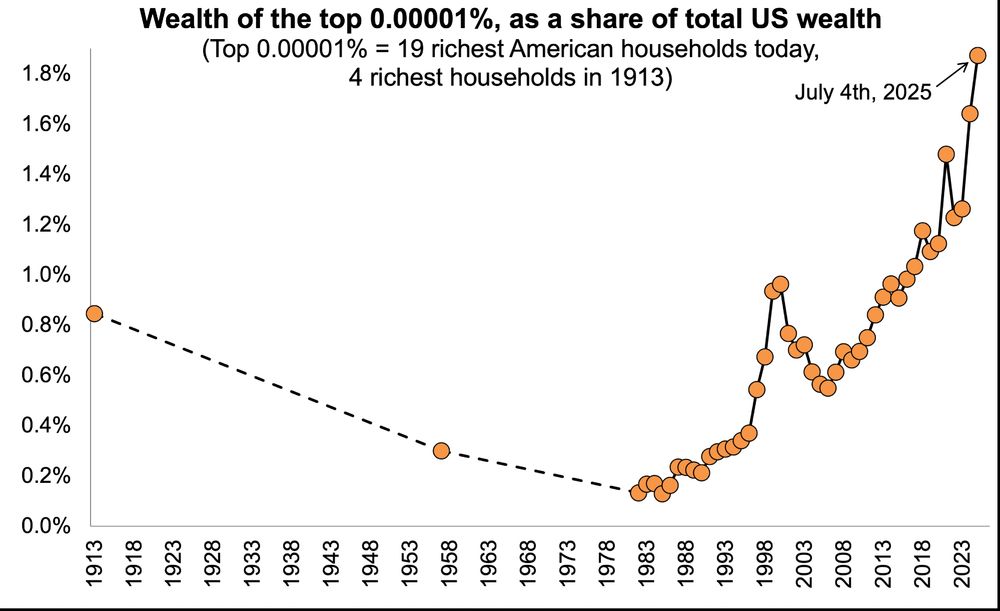

onlinelibrary.wiley.com/doi/10.1111/...
@sheffielduni.bsky.social
While researching the wealthy business class in and around Manchester, I stumbled upon CEO peer advisory groups — little-known but powerful sites of elite cohesion. 🧵

onlinelibrary.wiley.com/doi/10.1111/...
@sheffielduni.bsky.social
While researching the wealthy business class in and around Manchester, I stumbled upon CEO peer advisory groups — little-known but powerful sites of elite cohesion. 🧵
On y parle de l’exercice du pouvoir local par une « liste citoyenne » élue à Strasbourg en 2020.

On y parle de l’exercice du pouvoir local par une « liste citoyenne » élue à Strasbourg en 2020.
Read more in this thread [1/6]🧵

Read more in this thread [1/6]🧵
Give the public a right of responsible access to all rivers & the wider countryside.
Our @righttoroam.bsky.social trespass on BBC news:
www.bbc.co.uk/news/article...

Give the public a right of responsible access to all rivers & the wider countryside.
Our @righttoroam.bsky.social trespass on BBC news:
www.bbc.co.uk/news/article...

We will investigate governing elites since 1789. I am sure that it will be a lot of fun and result in great research!
Postdocs: www.jobbnorge.no/en/available...
PhDs: www.jobbnorge.no/en/available...

We will investigate governing elites since 1789. I am sure that it will be a lot of fun and result in great research!
Postdocs: www.jobbnorge.no/en/available...
PhDs: www.jobbnorge.no/en/available...
Assistant or Associate Professor Position in Computational Sociology @crestsociology.bsky.social @ipparis.bsky.social
Details here (please RT)
www.shorturl.at/E57le

Assistant or Associate Professor Position in Computational Sociology @crestsociology.bsky.social @ipparis.bsky.social
Details here (please RT)
www.shorturl.at/E57le

Vjosa Musliu & Piro Rexhepi will be joining us for this book launch and a compelling conversation.
📅 Nov 12 | 🕔 5pm | Find out more and register here

Vjosa Musliu & Piro Rexhepi will be joining us for this book launch and a compelling conversation.
📅 Nov 12 | 🕔 5pm | Find out more and register here

Our research shows that the elite level of many sports are still only reached by a select few. This includes cricket, men's rugby, and top Olympians and Paralympians.
Football and women's rugby are representative of the wider population.

Our research shows that the elite level of many sports are still only reached by a select few. This includes cricket, men's rugby, and top Olympians and Paralympians.
Football and women's rugby are representative of the wider population.
journals.sagepub.com/doi/full/10....

journals.sagepub.com/doi/full/10....
We are seeking candidates with a doctorate in the social sciences for our research areas Political Economy (Prof. Dr. Lucio Baccaro) and Economic Sociology (Prof. Dr. Jens Beckert).
Please share widely!
s.gwdg.de/ySJx5p

We are seeking candidates with a doctorate in the social sciences for our research areas Political Economy (Prof. Dr. Lucio Baccaro) and Economic Sociology (Prof. Dr. Jens Beckert).
Please share widely!
s.gwdg.de/ySJx5p
thesociologicalreview.org/announcement...

thesociologicalreview.org/announcement...
Organise with colleagues to:
- Force the government to leave X.
- Take legal action against Musk for inciting violence.
- Get the PM to actually condemn the far right
- and when he fails to do this, replace him, fast
Organise with colleagues to:
- Force the government to leave X.
- Take legal action against Musk for inciting violence.
- Get the PM to actually condemn the far right
- and when he fails to do this, replace him, fast
laviedesidees.fr/Les-discretes
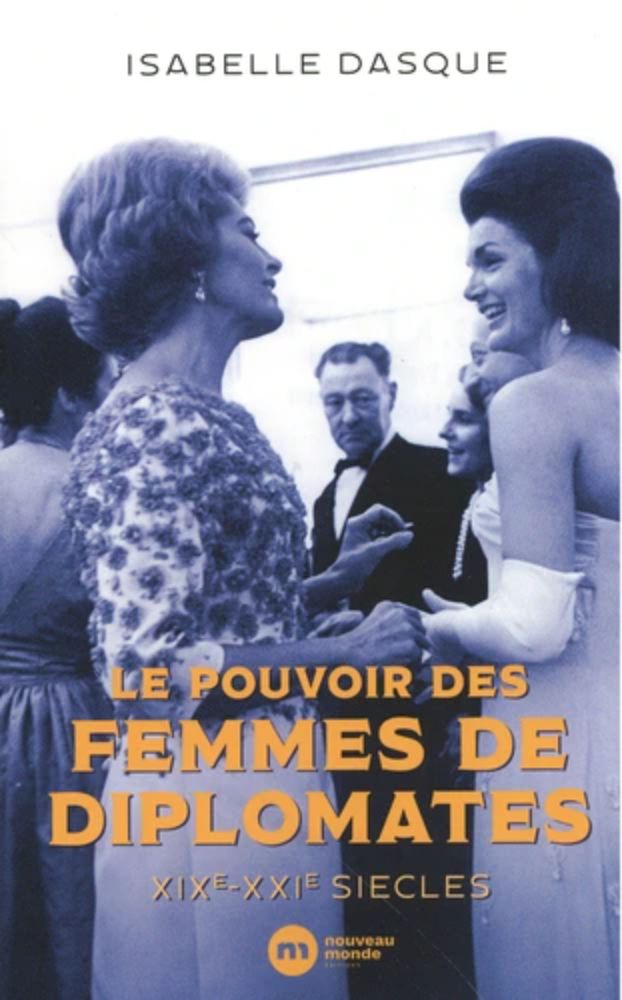
laviedesidees.fr/Les-discretes
pod.link/1533967764/e...
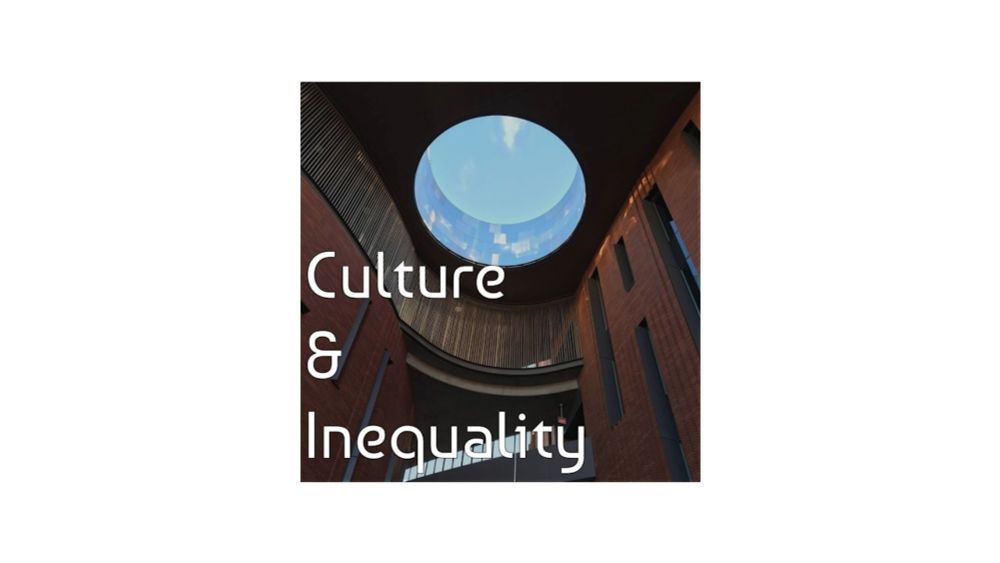
pod.link/1533967764/e...
onlinelibrary.wiley.com/doi/10.1111/...
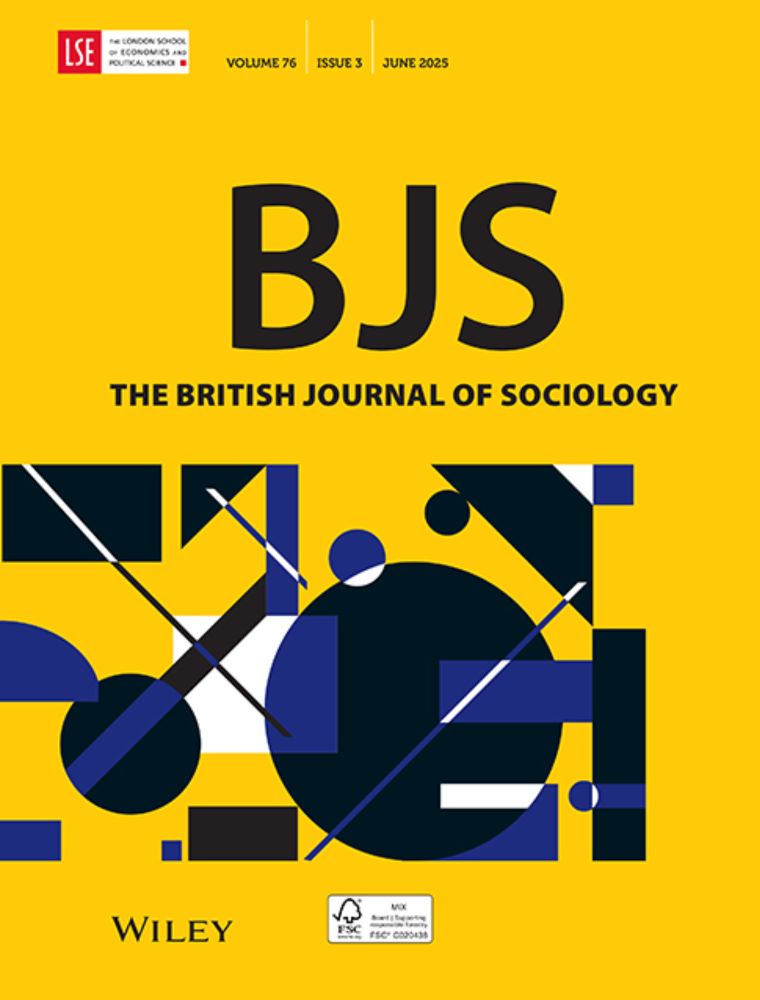
onlinelibrary.wiley.com/doi/10.1111/...
ephemerajournal.org/current-issue
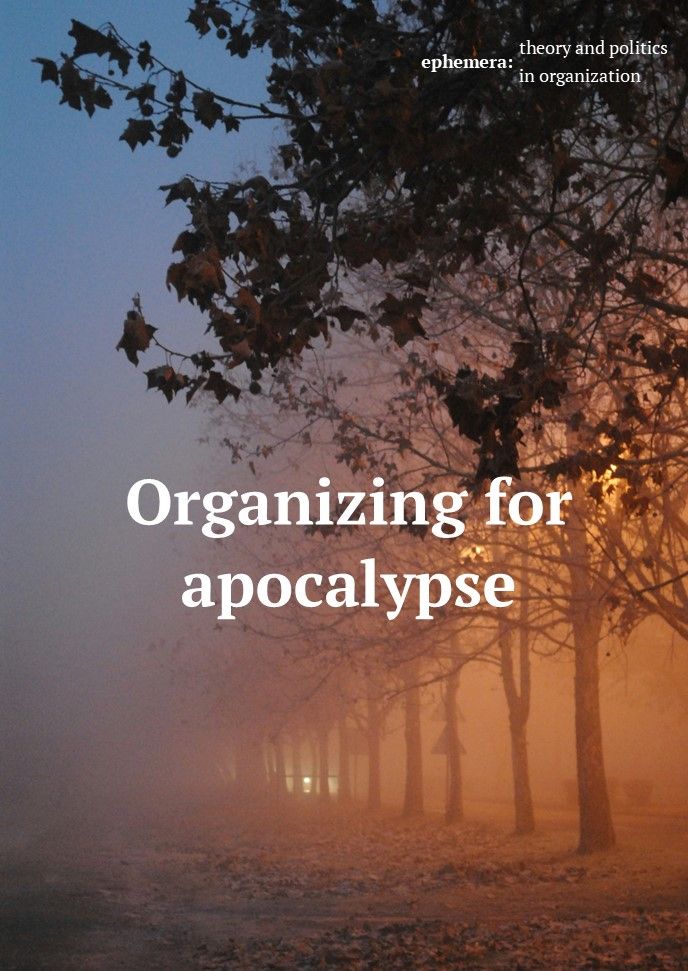
ephemerajournal.org/current-issue

In five new episodes, a briliant cast of sociologists discuss the newest insights about elites, climate risk, our digital economic lives, women and the far right, and the cultural politics of meat.
All found here: pod.link/1533967764
>>
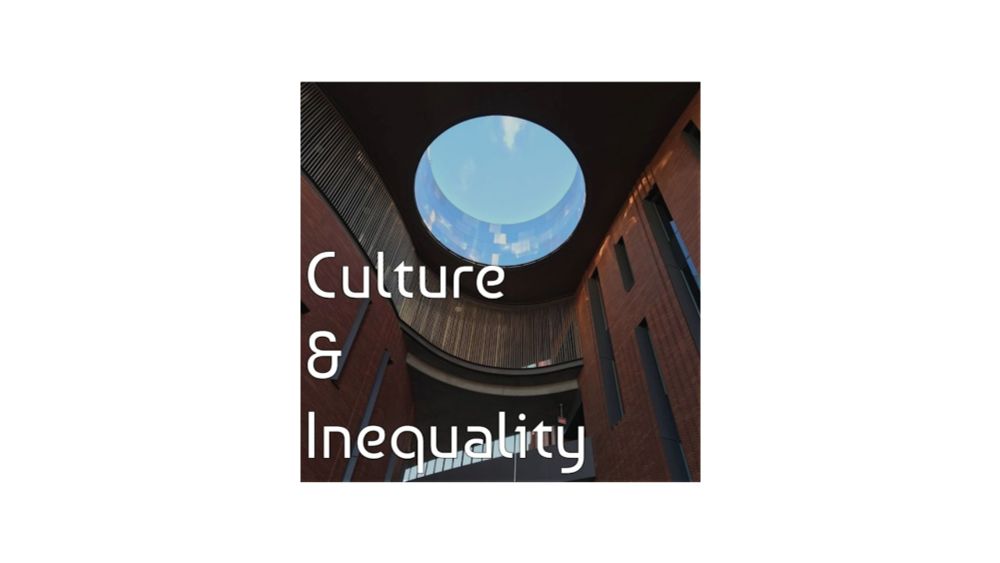
In five new episodes, a briliant cast of sociologists discuss the newest insights about elites, climate risk, our digital economic lives, women and the far right, and the cultural politics of meat.
All found here: pod.link/1533967764
>>




